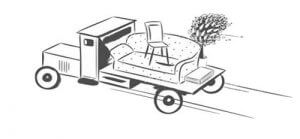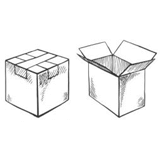

There is fossil evidence that Neanderthals used to hibernate and sleep during the winter in order to survive. Luckily, the evolution and development of civilization have made it possible for humans to live in all conditions. And even though moving to a cold climate will not demand you to go into a winter slumber, it will require certain preparations.
You will undoubtedly learn how to live in cold weather in time, but the big question is how to ease down the initial blow of relocation to a frosty state. With our professional relocation tips, you will perform stress-free relocation and prepare for a new chapter in your life.
Living in a Cold Climate Has Its Perks
Dealing with relocation stress and, most importantly, depression after relocating will be much easier if you know what to expect and hope for. And if you are currently settled in an all-year-round sunny state, the shock will be even harder. But aside from idyllic picturesque white landscapes, there are so many other benefits of settling in a cool-weathered state. Besides the tons of outdoor activities you will enjoy, exposure to colder conditions will boost your immune system and improve your health.
If you struggle with respiratory allergies, you should know that one of the benefits of relocating to colder states is reducing inflammation and allergies. And if you are relocating with kids, you should know that one of the side effects of long exposure to cool conditions is boosting brain function. Furthermore, mosquito and bug repellant is one of the things that doesn’t have to end up on your packing list. So prepare to have a good night’s sleep since coldness is excellent in fighting adjustment insomnia or any kind of insomnia.
 Once you get to to the colder destination, forget about the allergies
Once you get to to the colder destination, forget about the allergies
Cross-Country Moving to a Cold State Has Its Specifics
When it comes to long-distance moving to chilly places, some things will be the same as any other relocation. You will book East Coast movers for long-distance moving services and arrange everything with them, from packing service to transportation of your belongings. You will have to pack pots and pans, deal with electronics, and label each box. But since you are relocating to colder conditions, some things will be different. For example, car shipping is something that is highly advisable to do.
It’s because the risks of something bad happening on the icy roads are just too high compared to the cost of actual shipping. Not only will the trip be long, but the driving conditions will be rough. From sudden blizzards to black ice, there are just too many unpredictable things that can happen, which is why people invented car shipping. Once you relocate, you will gradually learn how to drive in these conditions, and you will do it in the city where roads will be clear and safe in most cases.
Pack Smart and Get Rid of Things You Don’t Need
If you’re relocating to a smaller house, you will have to downsize for your move. But even if this is not the case, decluttering and downsizing will be good for you. There are probably tons of things in your home you don’t use anymore. So when deciding what to pack, keep in mind this rule: get rid of all the things you haven’t used for more than two years. Also, if you have a lot of summer gear, like a surfboard, consider getting rid of that too.
 Bring only things you know you will use
Bring only things you know you will use
Moving to a Cold Climate Will Bring Many Challenges – Learn How to Overcome Them
There are ways you can overcome all the downsides of relocating to snowy states. For example, while you are packing your lamps, put a note on your to-do list that you should buy some led lights. This will save you some money that would otherwise go on electricity bills. When dressing up, your primary concern should be warmth, not fashion, so make sure you buy high-quality clothing that can endure freezing temperatures.
And don’t worry, there are ways to express your fashion taste with warm clothes too. Also, no matter how freezing it is outside, one of the best tips for adjustment is to force yourself to go for a walk every day. It will help with your adjustment. And trust us, in time, there will be no more shivering when going out.
Help Your Kids Adjust to Wintry Weather
There is no doubt your kids will like snowy days. Skiing, sledding, skating… there will be times when you won’t be able to get them inside. Which is great, actually. They will have a healthy and happy childhood. But kids being kids, they will never say they are done playing even if they are freezing. So keep this in mind and manage their time outside.
Make sure you summon them to change clothes and to warm up a bit. When preparing them for playing outside, dress them up in layers. Undershirt, shirt, and sweater should go before a jacket. Undershirts will collect the sweat but yet keep them hot. Also, place a scarf on their neck and cheeks. Teach them not to inhale cool air directly but through the scarf.
Have Some Winter Essentials With You
Of course, we don’t suggest that you relocate in your shorts and t-shirt. If you don’t have any wintry clothing, you will have to buy some. Just don’t go over your head to shop for everything you think you need. Just buy some basics. You will need a good waterproof and warm jacket, one pair of boots, a sweater and hat, gloves and a scarf. Aside from that, you will have to pack your ordinary relocation essentials as well. Pack bags for each family member and prepare all the necessities they will need once you’re at your destination. Here are some of the belongings you should think about:
- Underwear,
- Hygiene products,
- Tissues and toilet paper,
- Laptop and phones,
- Chargers,
- Wifi router,
- Documents,
- Medications,
- Valuable items.
Buy the Rest of the Winter Gear After the Move
So you arranged everything with your West Coast movers, and now you feel a bit of shopping fever. You’re excited, and you wish to buy all the winter gear right now, from shovels to ugly boots. Still, be patient and do this after your cross-country movers unload everything in your new home. Only once unpacking after a move is done and everything is in its place, start making a list of things you have to buy.
Not only will you pay less for cross-country moving services since you will have fewer things to pack, but you will have better shopping choices. It’s a simple market rule – the more demand there is, the better and more quality products you get.
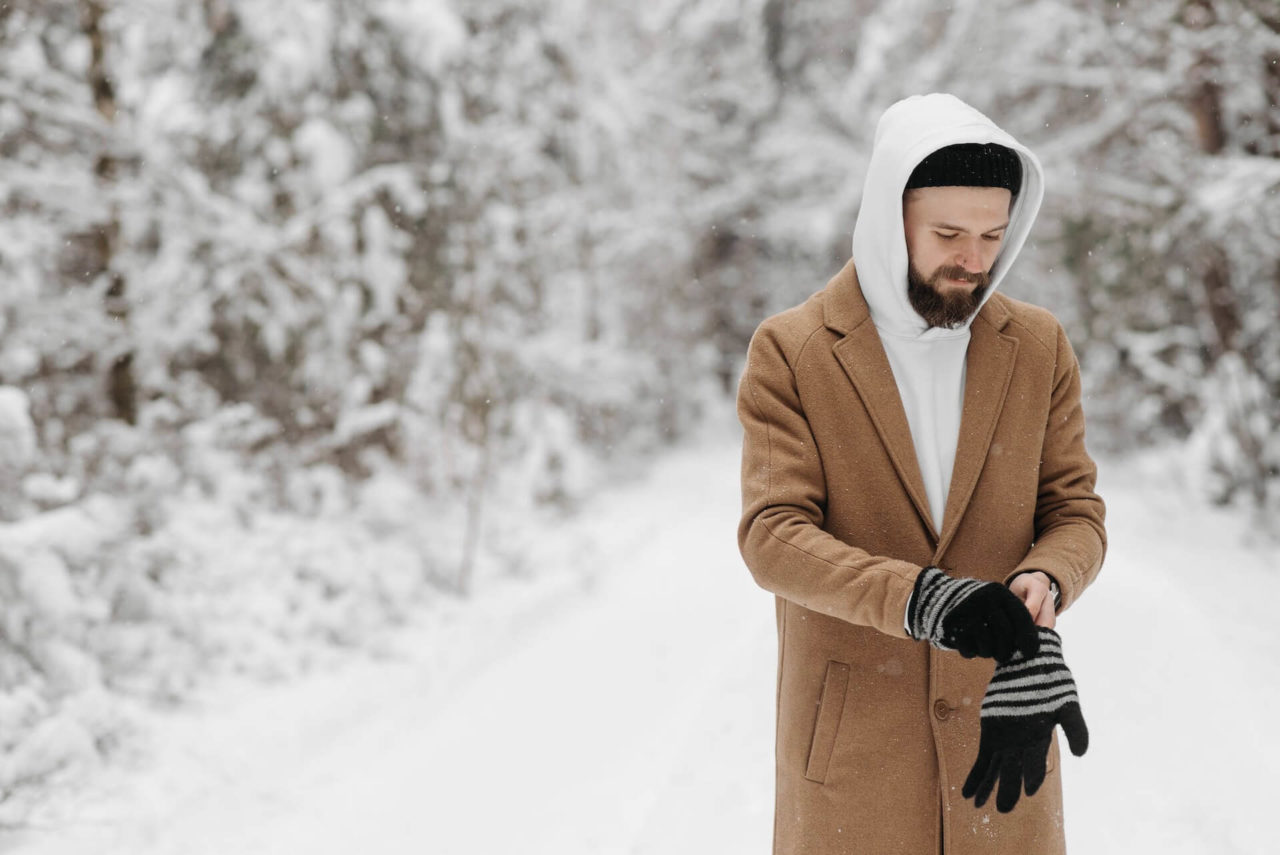 It's possible to be warm but yet fashionable
It's possible to be warm but yet fashionable
Your Car Will Need Extra Care
Before you hand over your cars to a long-distance moving company, you must do some minor preparations. Even though you’re not going to drive all the way there and even though your long-distance movers will deliver your vehicles to your door, some damage can happen if you don’t take care of your car. For example, if you don’t put antifreeze in your car, guess what? Your car will freeze, and you will not be able to start it. Aside from the antifreeze solution, you should also put winter tires before shipment.
Auto Transport
East Coast West Coast Express ships all kinds of vehicles, regardless of their shape, size, price, or weight. From scooters to trucks, if you need it shipped, we can do it.
Read MoreBut some things are not that urgent and can be done after your relocation. So once you’re settled in and figure out where the good stores are, you can start making your car emergency survival kit. This is a kit you should have in your trunk in case you end up stranded in the snow because these items can sometimes be the difference between life and death. Here is what your kit must have:
- Shovels,
- Flashlights,
- First aid kit,
- Bottles of water,
- Jumper cables,
- Tow cables and hook,
- Blankets,
- Knife,
- Food bars.
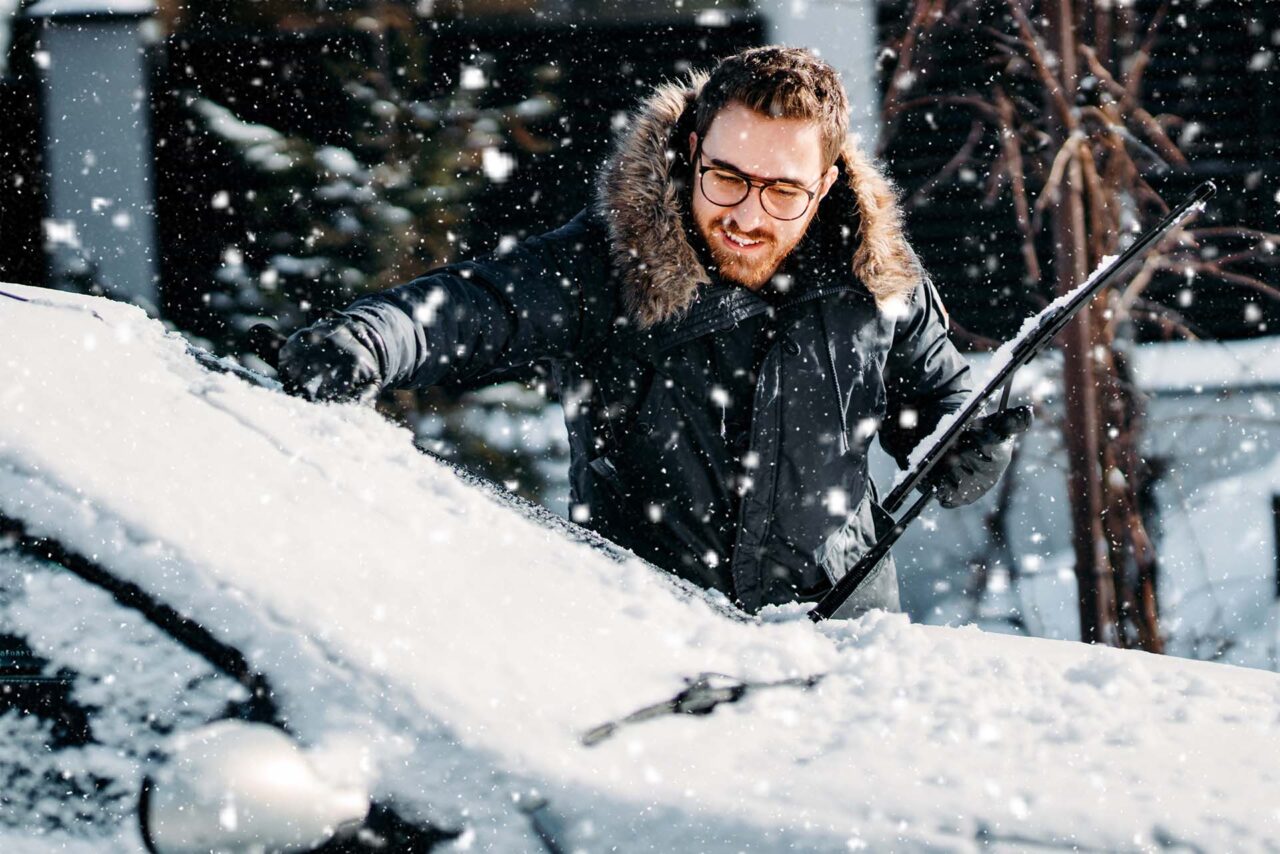 Prepare your car before the cross country move
Prepare your car before the cross country move
Pets Will Need Some Warm Clothes as Well
You are not the only one who will have to learn how to acclimate to cold weather. Your pets will have a hard time too. And we are not talking about your goldfish (even though the relocation of a fish tank is extremely complicated) but about pets that are allowed to go outside. If you have a dog, you will have to buy him some warm clothing, preferably before relocating. If a dog has difficulty adjusting to snowy conditions, take him outside more frequently but for shorter periods. This way, he will sooner adjust. Also, take him to a dog park or introduce him to neighborhood dogs. He will be much happier with the company.
There are things you must consider when relocating to a colder state, and even though this change may be shocking for you, if you keep an open mind and heart, you will learn to love snowy conditions Moving to a cold climate seem scary, but if you are well-prepared, nothing will come as a surprise. Keep reading and find out how to survive harsh conditions.
 Make sure your pets are ready for the colder climate
Make sure your pets are ready for the colder climate
What Are the Coldest States in the US That You Can Move To?
If you’re considering a move to a cold climate, it’s essential to know which states experience the chilliest temperatures year-round. Living in a colder state often means breathtaking snowy landscapes, winter sports, and a cozy lifestyle, but it also requires preparation for freezing temperatures and heavy snowfall. Here’s a list of the coldest states in the US where you can embrace the cold weather lifestyle:
- Alaska – Known as the coldest state in the US, Alaska boasts long, harsh winters, with temperatures often plunging below zero. However, its stunning natural beauty, including the Northern Lights and glaciers, makes it a captivating place to call home.
- North Dakota – With its vast plains and subzero temperatures in winter, North Dakota is a top choice for those seeking a cold climate. The state is also known for its strong sense of community and affordable cost of living.
- Minnesota – Famous for its freezing winters and numerous lakes, Minnesota offers plenty of winter recreational activities. It’s a great destination for those who love ice fishing, skiing, and snowmobiling.
- Maine – This northeastern state is synonymous with cold winters and beautiful snowy landscapes. Maine is perfect for those who enjoy a slower pace of life surrounded by nature and charming small towns.
- Wyoming – With its high elevation and open plains, Wyoming experiences cold temperatures and frequent snowfall. It’s an ideal state for outdoor enthusiasts, offering plenty of opportunities for skiing, snowboarding, and winter hiking.
Each of these states offers its unique charm and challenges, making them excellent options for anyone ready to embrace life in a colder climate.
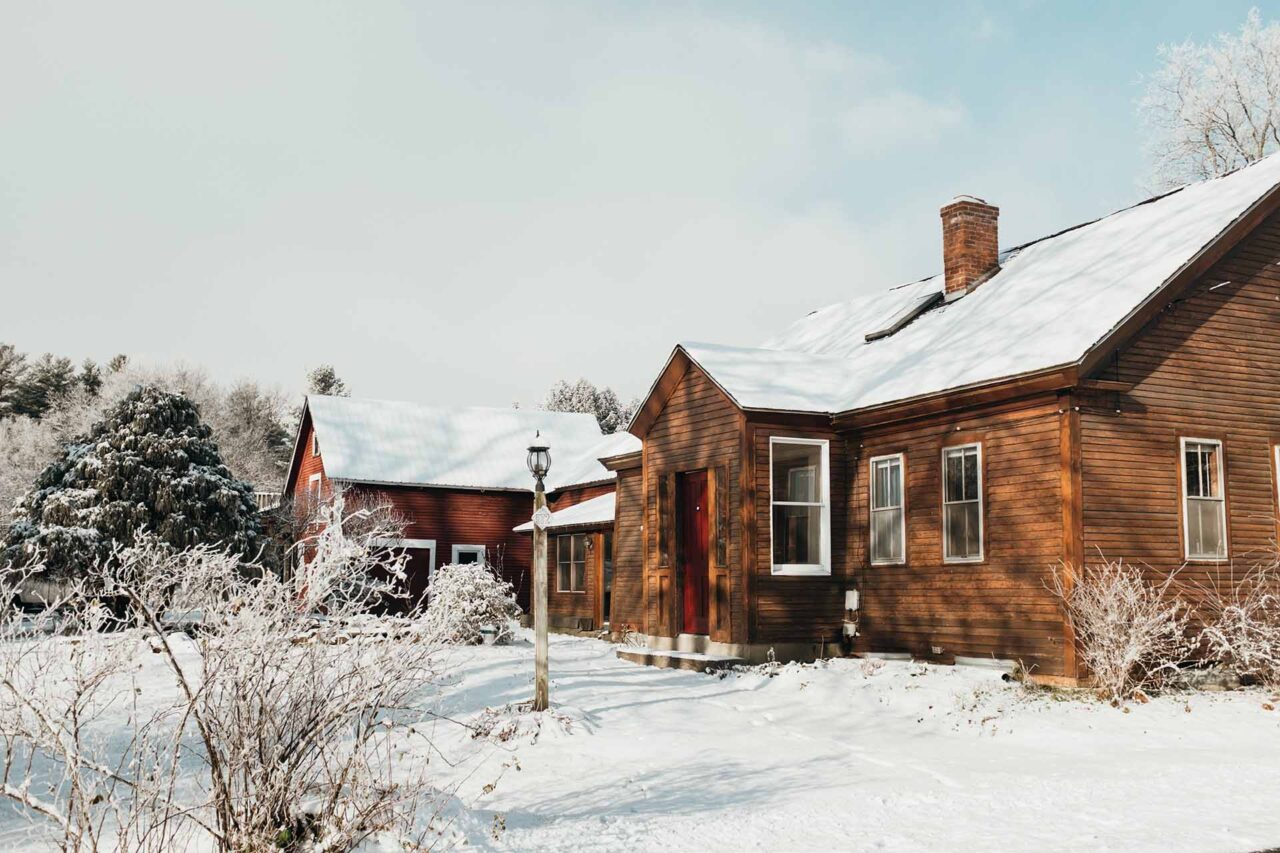 If you like the cold, choose one of these states to settle in
If you like the cold, choose one of these states to settle in
What to Expect Once You Relocate
Relocating to a new city is a challenging project, but the transition will be much easier if you organize your move and prepare yourself for all that awaits. As you can imagine, learning how to adjust to cold weather doesn’t only involve getting used to wearing warm clothes. You will have to think about other things once you arrive. For starters, you will have to winterize your house.
When house hunting, first, you must check the house’s thermal isolation and whether all windows are well-sealed. Close the windows and place your hand at the place where they meet the wall. If you feel a cool breeze, then your windows are not good enough for winter. If you have a chimney and fireplace, you will have to clean them before putting them to use. And while you are at the roof area, check if there are snow brackets installed. They are of utmost importance to prevent heavy snow from falling on your head.
There Will Be More Chores
If you are relocating from any of the best coastal towns, dealing with heavy snowstorms is probably something you never had to do. Well, the further north you go, you should expect to have more snowy-related domestic chores. For example, you should spread de-icing salt every night and during the day on your driveway. Also, no matter if you relocate to a small town or a big city, shoveling snow in front of your home will be your responsibility.
Expect to Have Less Daylight and Higher Bills
Unfortunately, when relocating to a new state, one of the things you will not be able to do is transfer your utilities, especially electricity and gas. And bills for those will undoubtedly be something you will miss. As you can imagine, your gas and electricity consumption will be much higher in freezing temperatures, which means much higher bills. Also, the further you go from the Equator, the less sunlight you get. So don’t be surprised to be in the complete dark at 5 pm in wintertime.
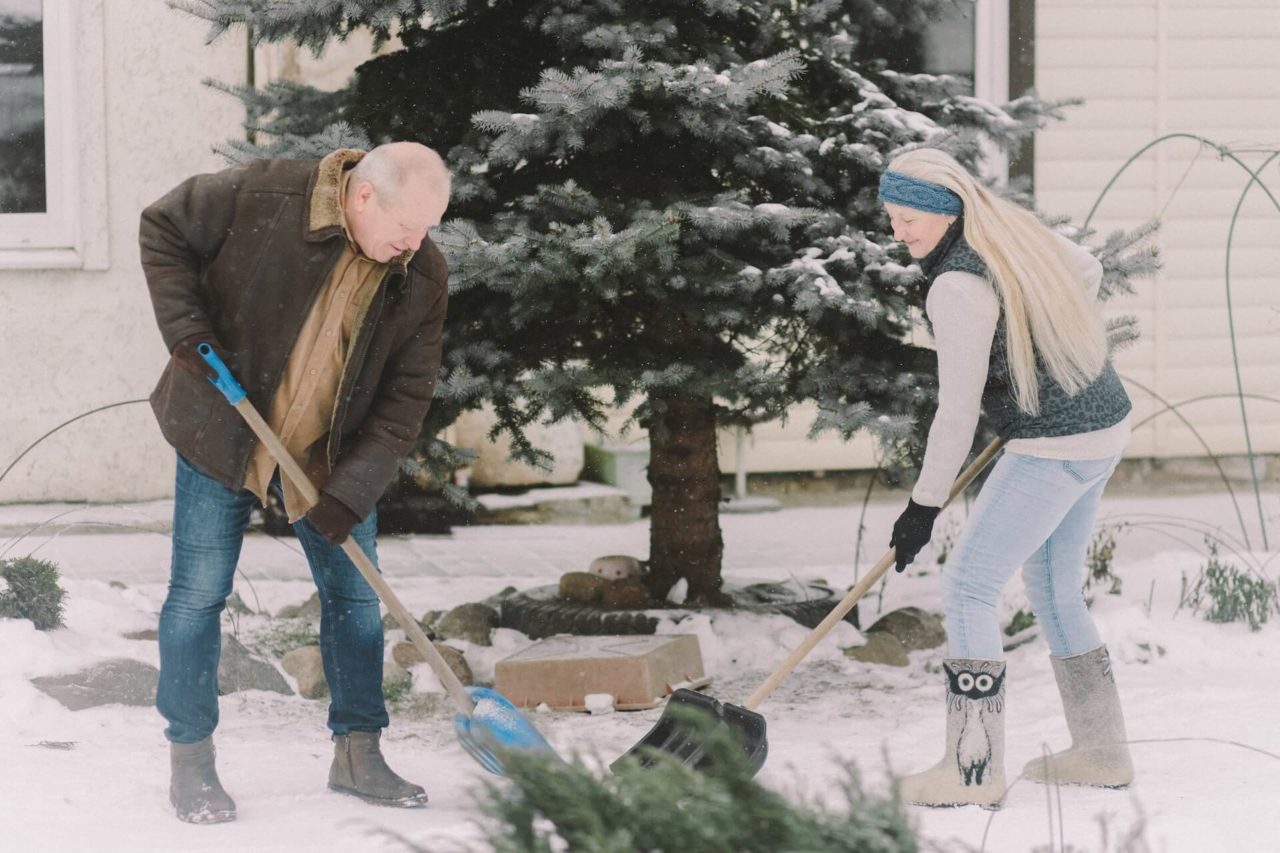 More work around the house mean healthier life with more physical activities
More work around the house mean healthier life with more physical activities
Hire East Coast West Coast Movers and Make the Relocation Easy
Moving to a cold climate comes with unique challenges, from managing icy roads to properly packing fragile belongings. That’s where East Coast West Coast Movers come in. With years of experience in long-distance moves, we specialize in making relocations seamless, even when the weather gets frosty. Our team ensures that your items are packed, transported, and delivered safely, no matter how harsh the conditions.
Choosing East Coast West Coast Movers means choosing reliability, efficiency, and peace of mind. We understand the intricacies of moving to colder regions, including how to adapt to unpredictable weather and ensure timely delivery. From professional planning to personalized service, we cater to your unique needs at every step of the way. Don’t let the stress of moving hold you back—hire East Coast West Coast Movers to turn your relocation into a hassle-free experience. Request a quote today and take the first step toward a smooth transition to your new home.


